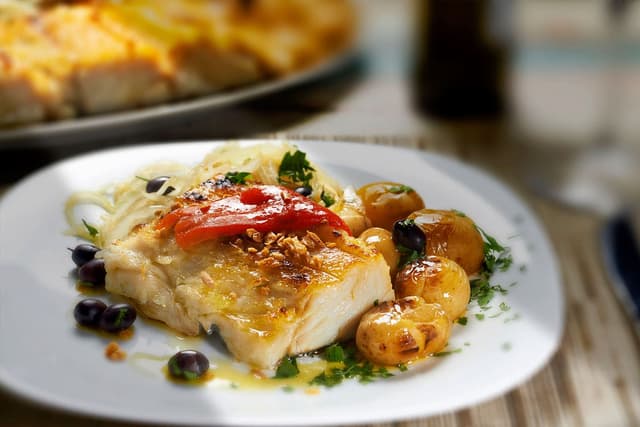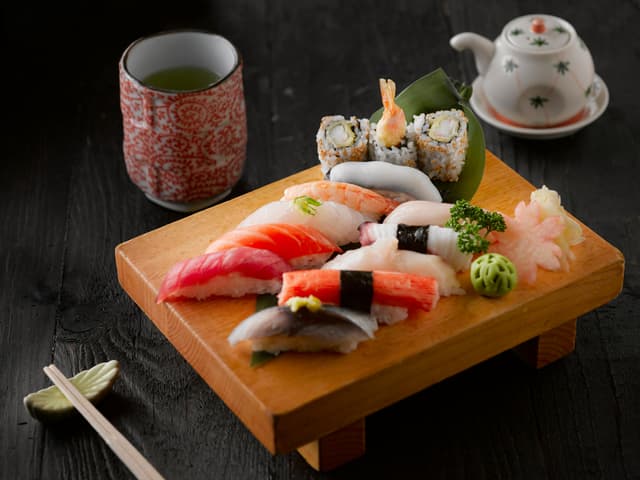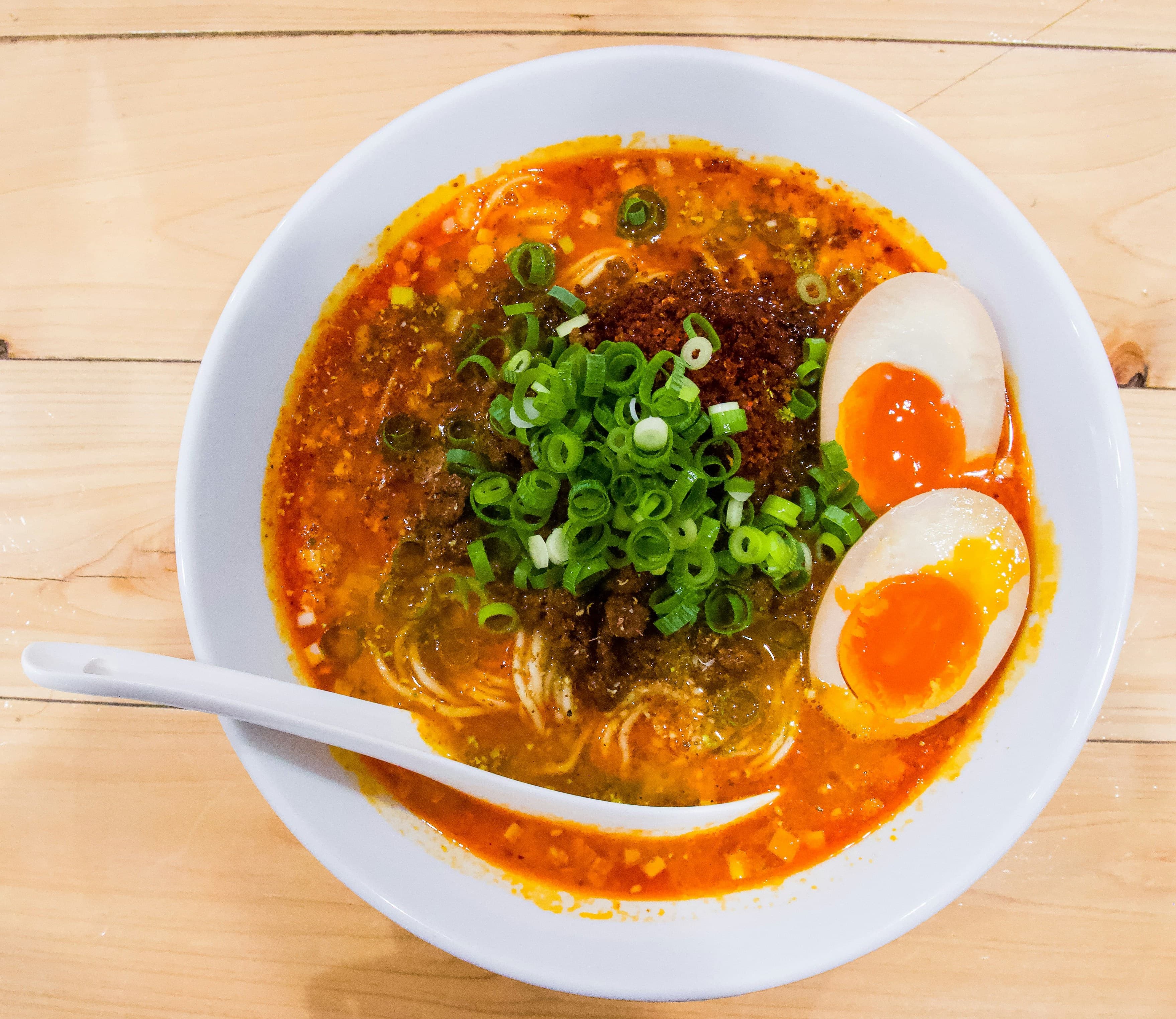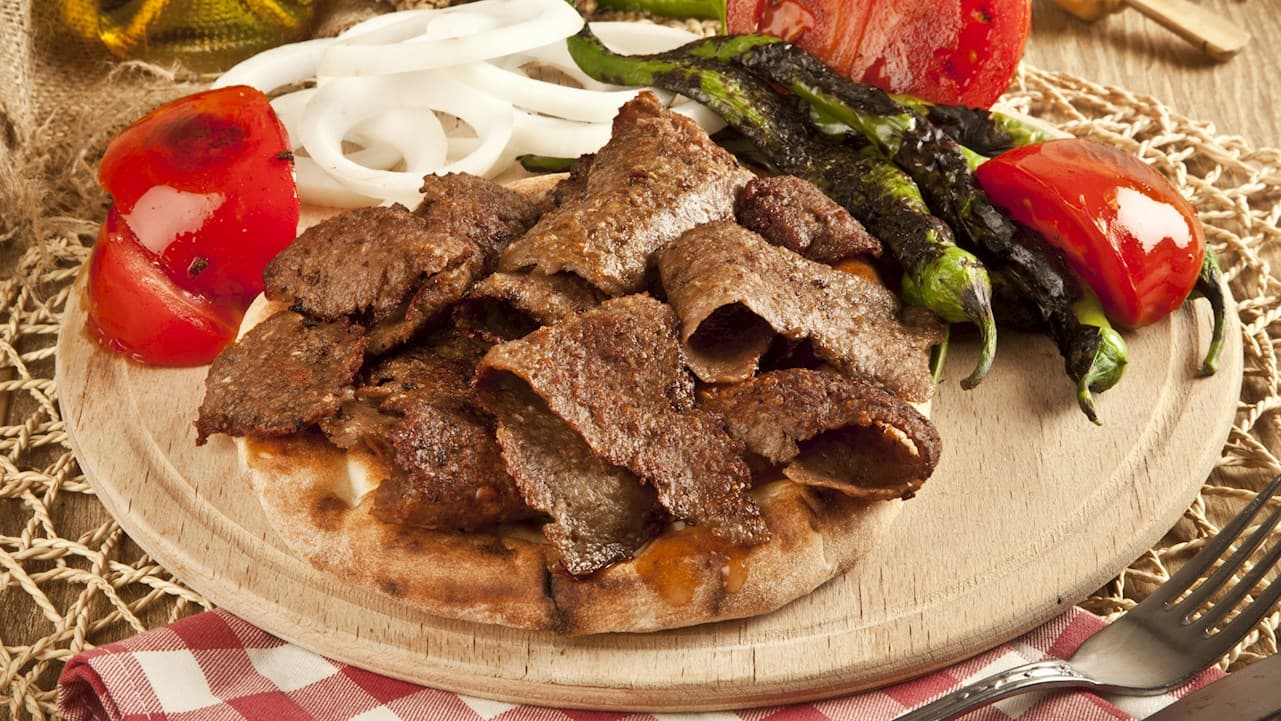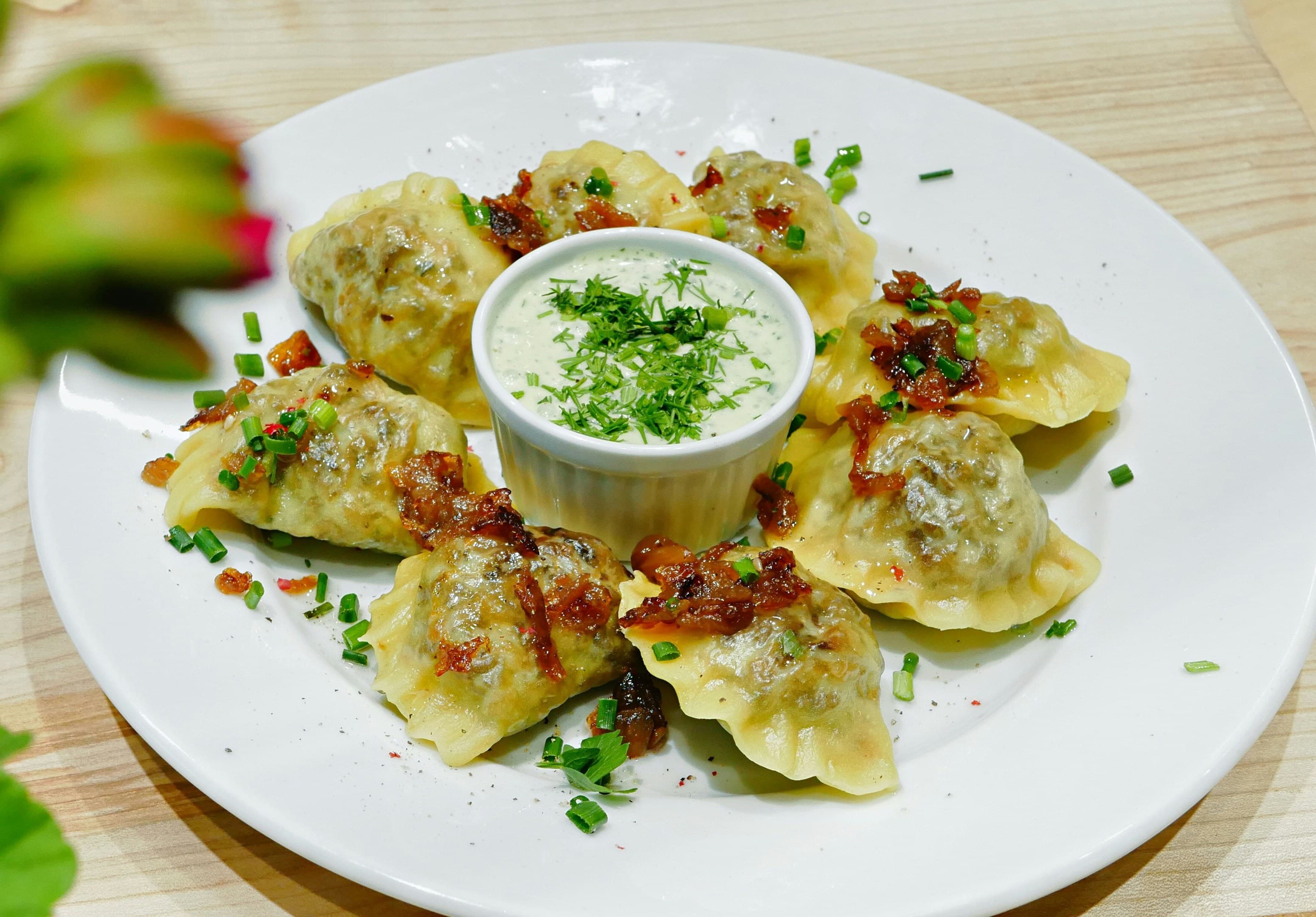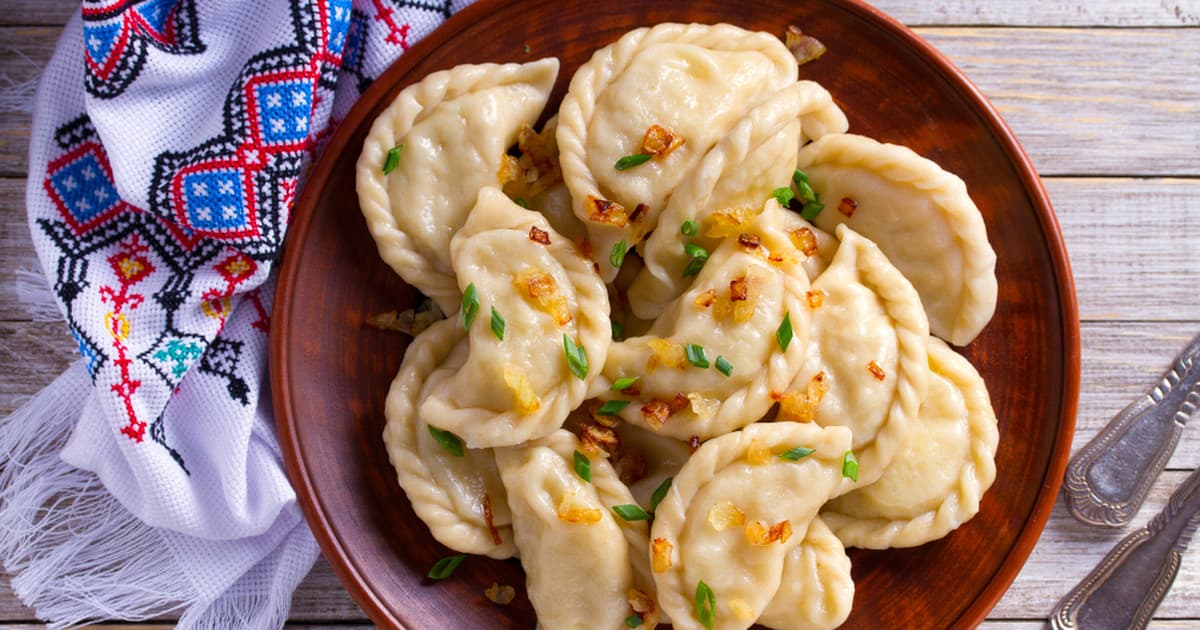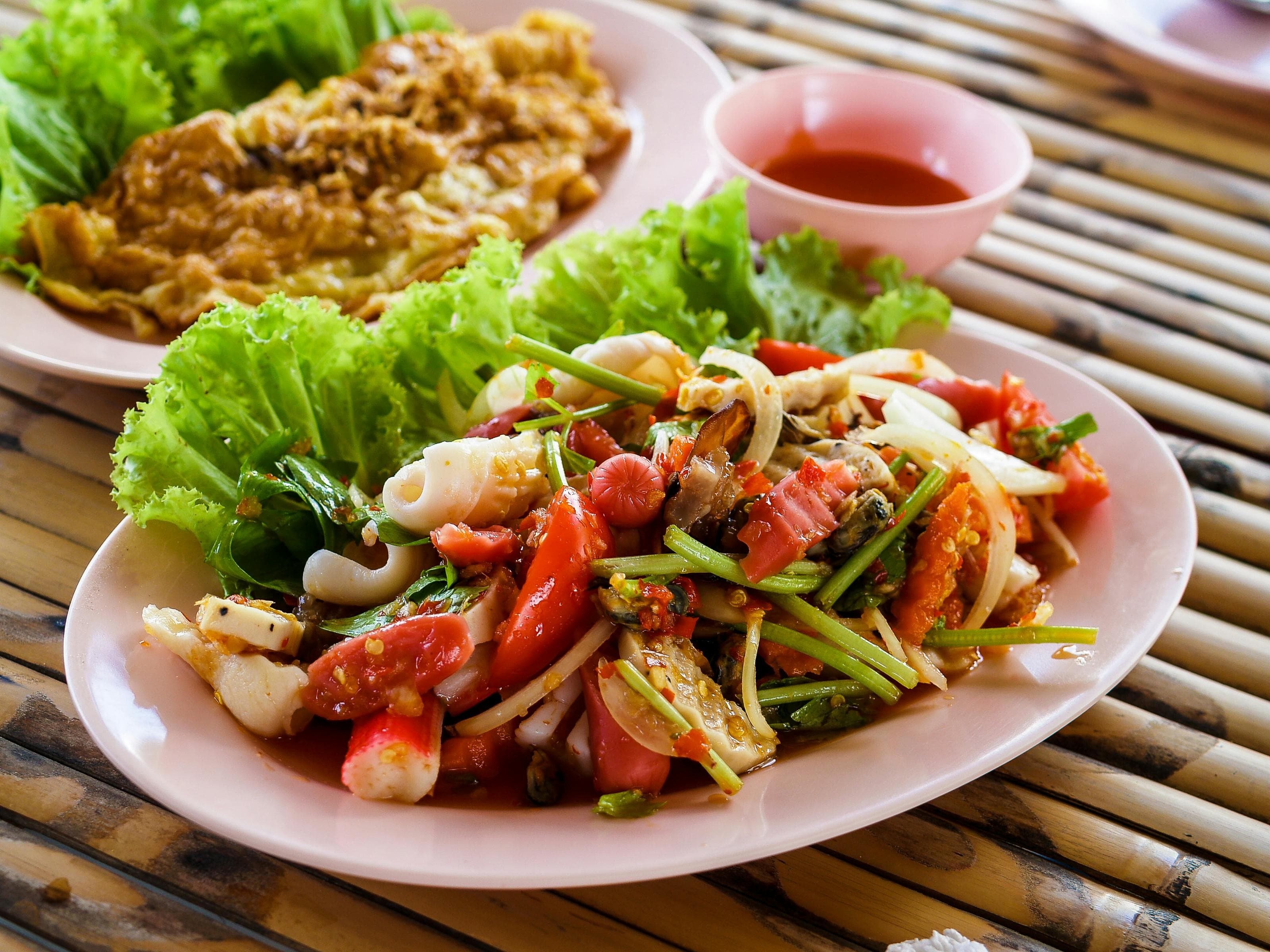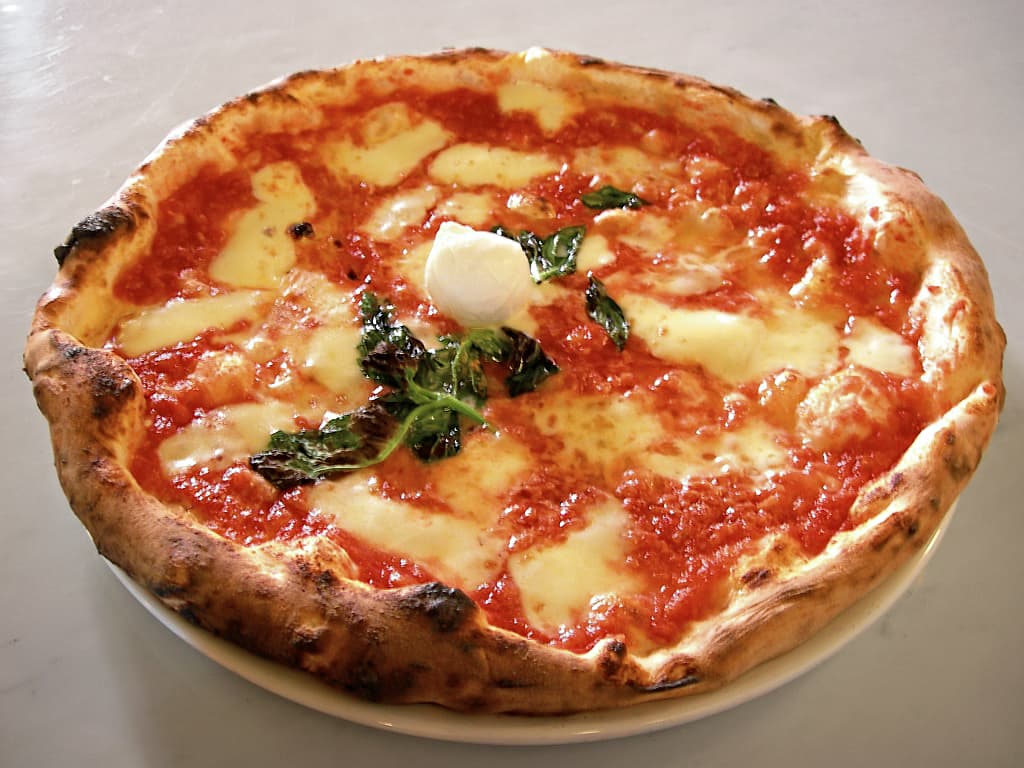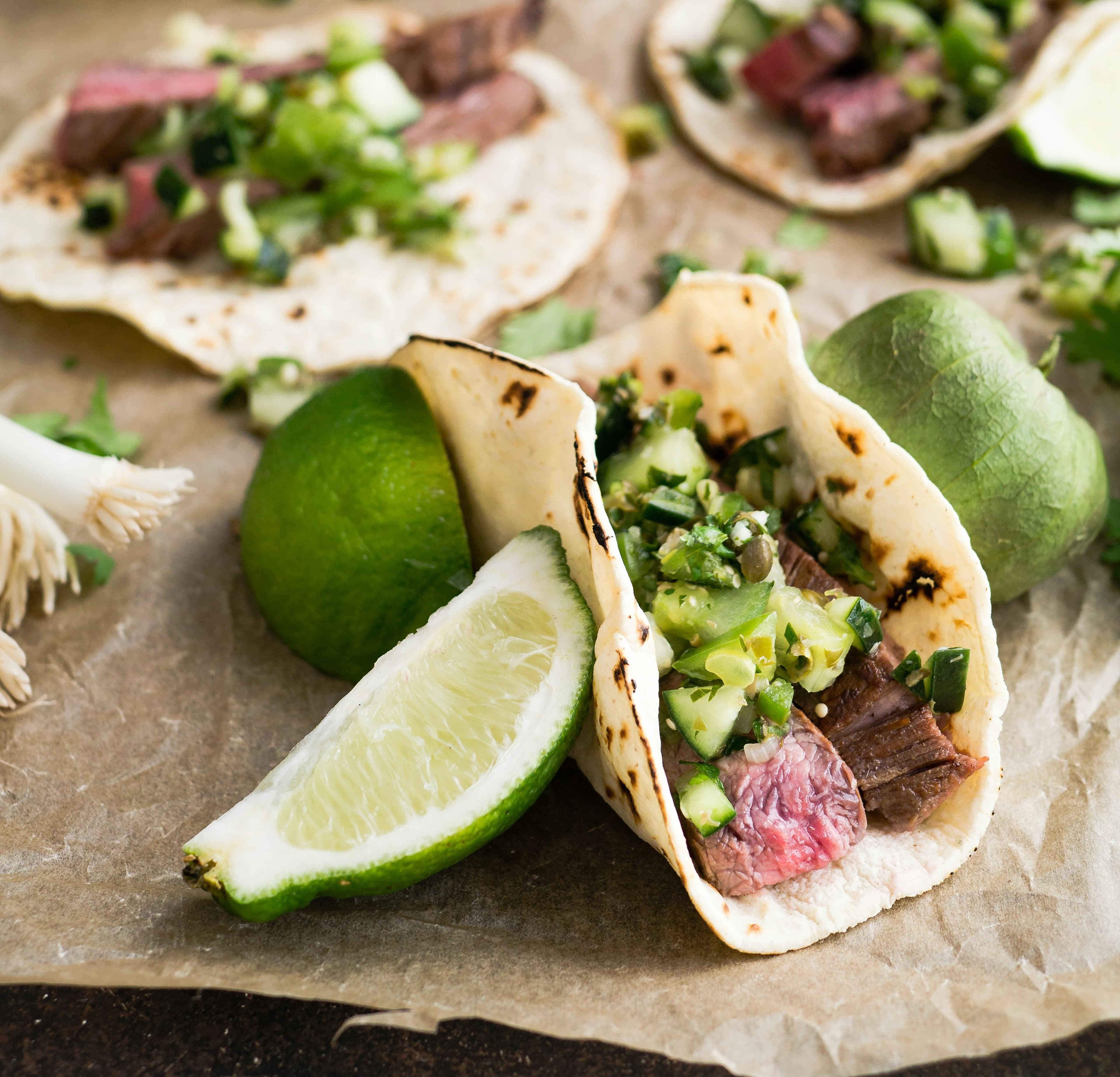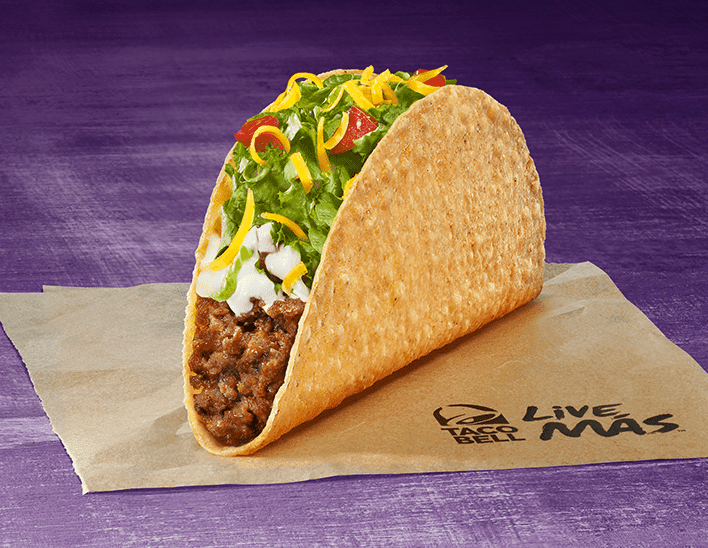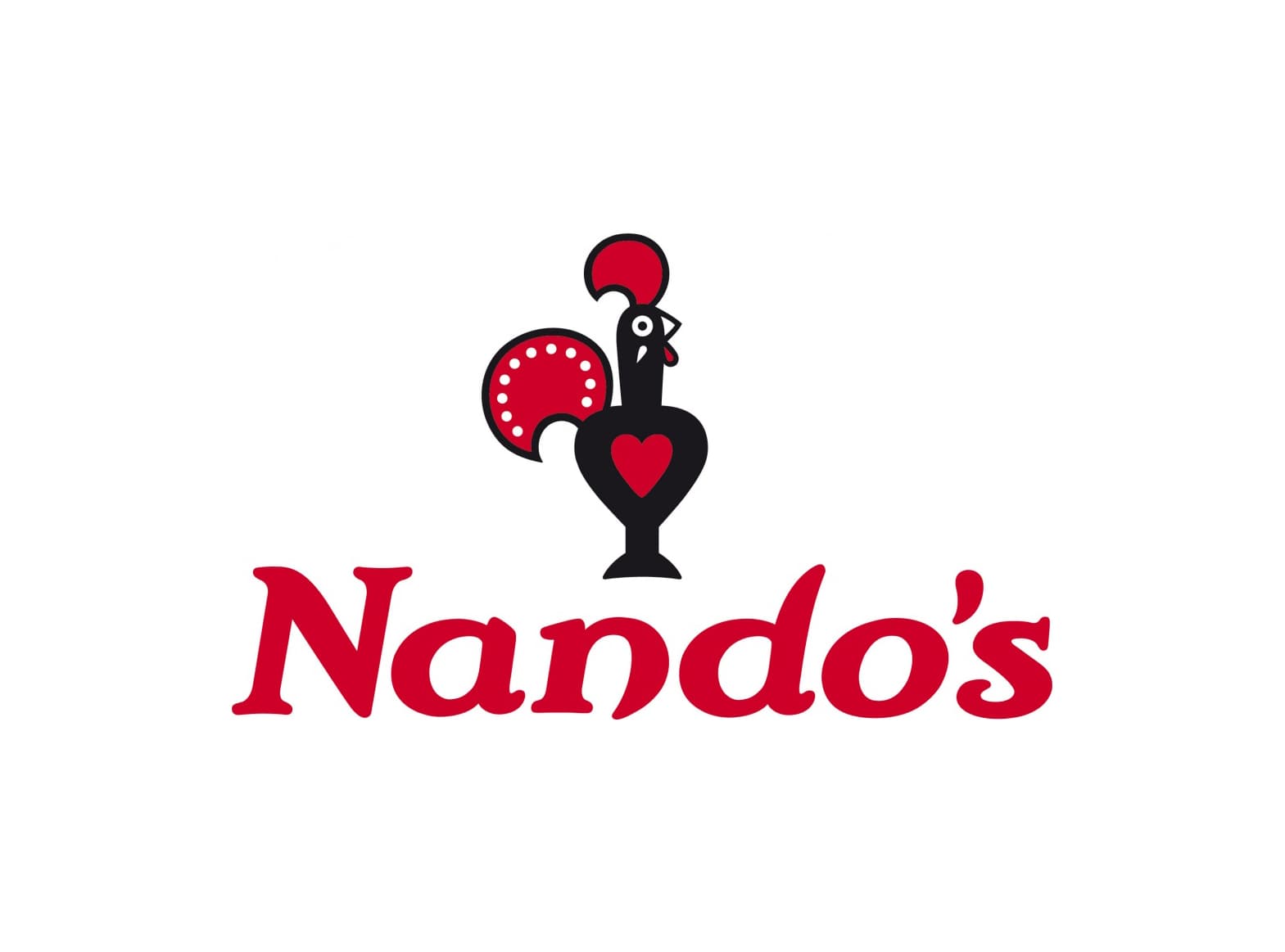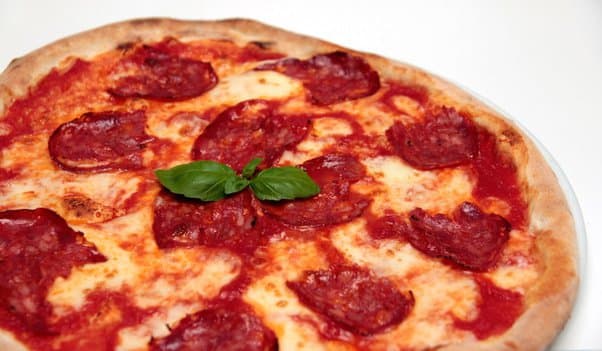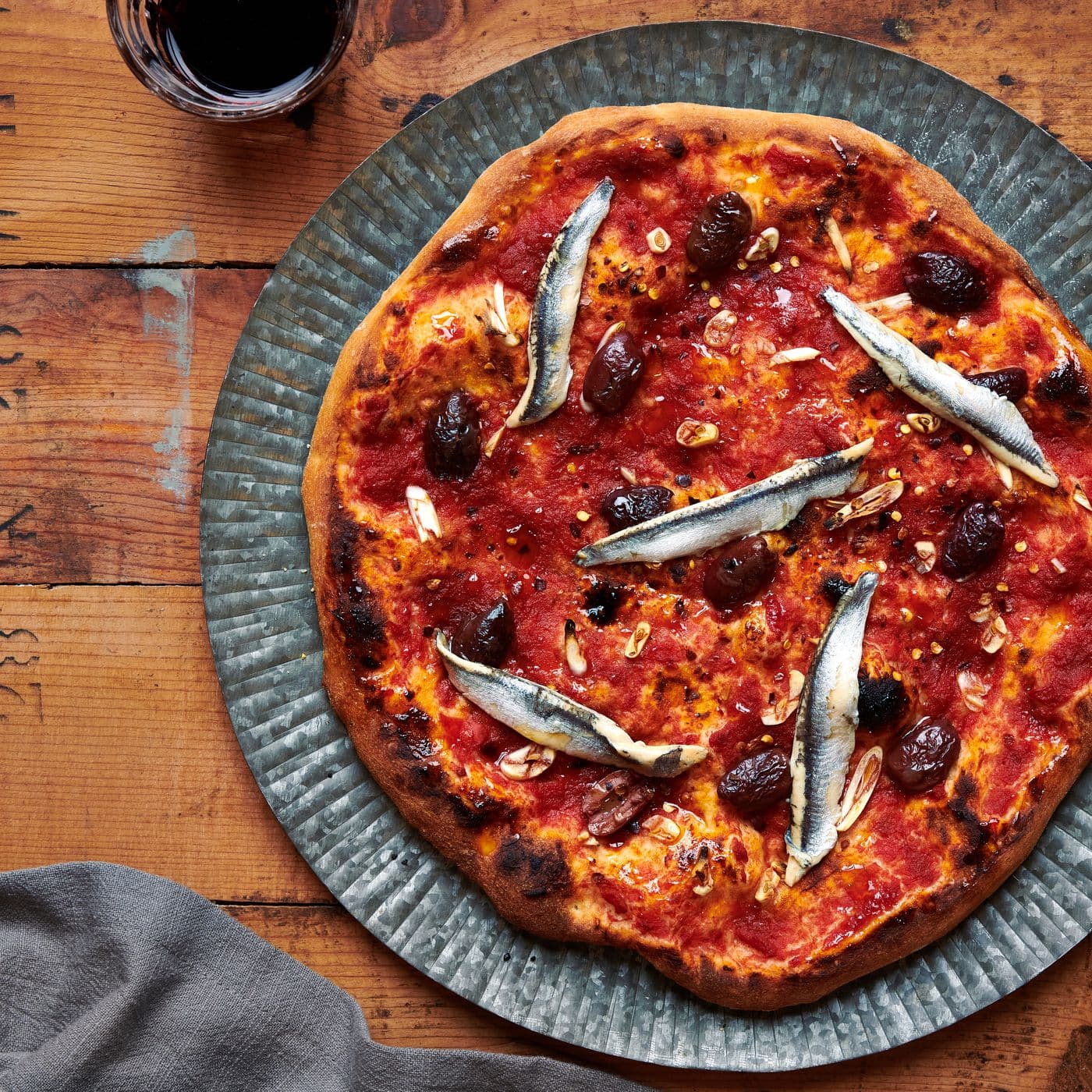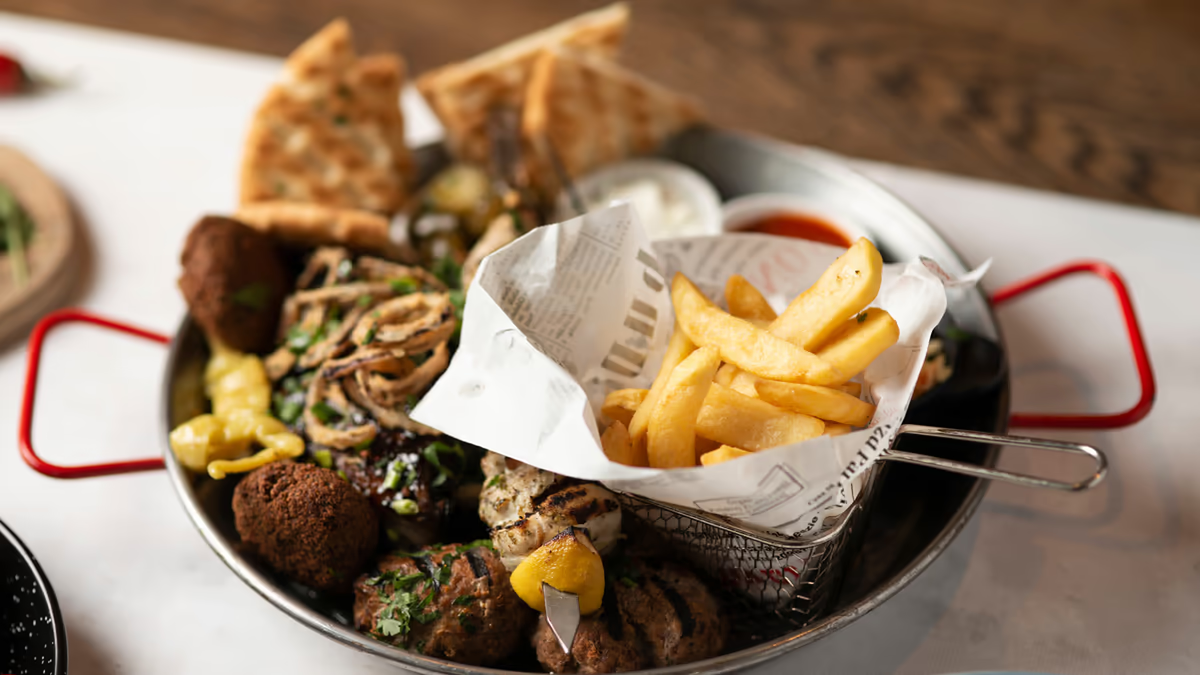Portuguese Cuisine vs. Japanese Cuisine
Portuguese Cuisine
Portuguese cuisine stands as a prime contender for the title of the best food in the world, thanks to its rich culinary traditions, emphasis on fresh ingredients, and a harmonious blend of flavours that reflect its historical maritime prowess. Here's a compelling argument that underscores why Portuguese food deserves this accolade: Diversity Influenced by History and Geography Portuguese food is a palimpsest of the various cultures that have interacted with Portugal over centuries. From the Age of Discoveries when Portuguese explorers brought back spices from Africa and Asia, to the integration of New World crops such as tomatoes and potatoes, the cuisine reflects a synthesis of global flavours uniquely blended with traditional Iberian techniques. This historical melding of east and west, north and south, makes Portuguese cuisine not only diverse but uniquely rich and varied. Focus on High-Quality, Fresh Ingredients At the heart of Portuguese cuisine is the use of fresh, hi...
Japanese Cuisine
The Japanese cuisine has given us so much it's hard to even find a place to start. You've got your sushi, ramen, udon, edamame, mochi balls, tempura, soba, bento boxes, sukiyaki, gyoza, onigiri, yakisoba, miso soup... They could be number one on this list based on the sushi alone!
Reviews
Reviews
| Item | Votes | Upvote |
|---|---|---|
| No pros yet, would you like to add one? | ||
| Item | Votes | Upvote |
|---|---|---|
| No cons yet, would you like to add one? | ||
| Item | Votes | Upvote |
|---|---|---|
| Super healthy | 1 |
| Item | Votes | Upvote |
|---|---|---|
| Expensive | 1 |
Frequently Asked Questions
Portuguese cuisine offers a rich diversity influenced by centuries of historical and geographical interactions, with a strong emphasis on fresh, high-quality ingredients and unique culinary techniques. Japanese cuisine, on the other hand, is renowned for its health benefits and iconic dishes like sushi, ramen, and tempura. While Portuguese cuisine excels in its use of fresh seafood and simple yet profound flavors, Japanese cuisine is known for its meticulous preparation and presentation. The choice between the two depends on personal preferences for flavor profiles and culinary experiences.
Japanese cuisine is often considered one of the healthiest in the world due to its emphasis on fresh, raw ingredients like fish, vegetables, and rice, along with low use of unhealthy fats. Portuguese cuisine, while also using fresh ingredients, tends to include more grilled and fried items. If health benefits are a primary concern, Japanese cuisine may have an edge over Portuguese cuisine.
Japanese cuisine can be more expensive, especially when it comes to high-quality sushi and specialty items. The meticulous preparation and the cost of fresh, high-grade ingredients often contribute to the higher prices. Portuguese cuisine, while also using fresh ingredients, generally tends to be more affordable. This makes Japanese cuisine potentially more expensive compared to Portuguese cuisine.
Portuguese cuisine is renowned for its rich culinary traditions, emphasis on fresh ingredients, and a harmonious blend of flavors influenced by its historical maritime prowess. It features a diverse array of dishes that reflect a synthesis of global flavors uniquely blended with traditional Iberian techniques.
Staple ingredients in Portuguese cuisine include fresh seafood such as sardines, bacalhau (dried and salted cod), octopus, and various shellfish. Additionally, the cuisine emphasizes the use of fresh, local produce, piri-piri (small fiery chillies), garlic, and olive oil.
Portuguese cuisine reflects its historical influences through the integration of spices from Africa and Asia brought back during the Age of Discoveries, as well as the incorporation of New World crops such as tomatoes and potatoes. This historical melding of different cultures contributes to its diverse and rich culinary tradition.
Traditional cooking techniques in Portuguese cuisine include the use of the 'cataplana' (a clam-shaped cooker) that seals in flavors and juices, and grilling over charcoal which infuses dishes with a smoky richness. The cuisine also relies on simple seasoning to enhance the natural flavors of the ingredients.
As of now, there are no user-generated pros and cons for Portuguese cuisine. However, the cuisine is generally praised for its use of fresh, high-quality ingredients and diverse flavors. Possible cons might include the potential for some dishes to be too rich or seasoned for certain palates.
Pros of Japanese Cuisine include that it is super healthy. Cons of Japanese Cuisine include that it can be expensive.
Popular dishes in Japanese Cuisine include sushi, ramen, udon, edamame, mochi balls, tempura, soba, bento boxes, sukiyaki, gyoza, onigiri, yakisoba, and miso soup.
Japanese Cuisine is considered healthy due to its emphasis on fresh ingredients, balanced meals, and cooking methods that preserve nutrients. Dishes often include fish, vegetables, rice, and soy products, which contribute to a nutritious diet.
Yes, Japanese Cuisine can be expensive, especially when dining at high-end sushi restaurants or ordering specialty items. However, there are also more affordable options like ramen shops and casual eateries.
